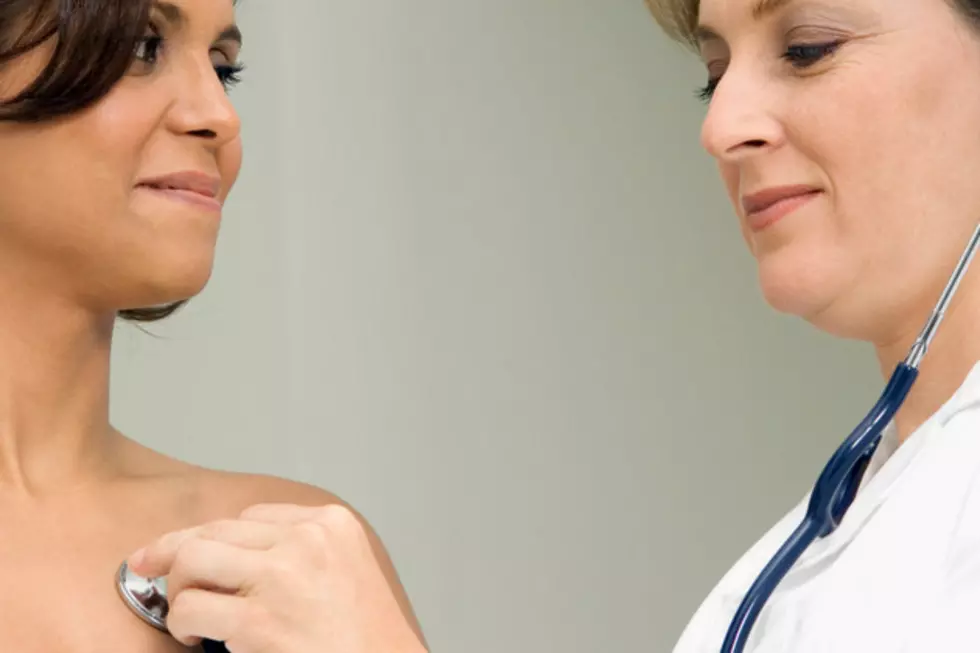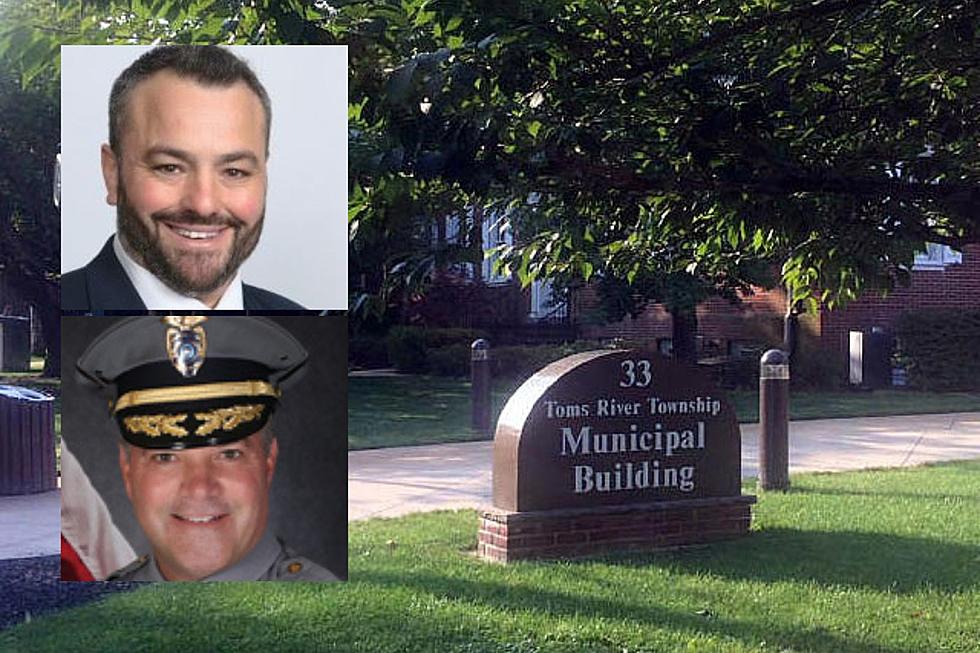
Younger patients seeing NJ doctors more often — and not because they’re sicker
Perhaps they're more health-conscious. Or more aware of life's everyday risks and their family history. Or there are more covered by insurance.
For any number of reasons, some New Jersey doctors say they're seeing more patients in their 20s and 30s walking through their doors — not because something is wrong, but just to make sure they're on the right path to an active and long life.
"The trend is wellness now, so everyone is paying more attention to their health and fitness," Dr. Richard Mojares, medical director of Family First Urgent Care in Oakhurst and Family First Primary Physicians in Toms River, told New Jersey 101.5. "We do see more 20- and 30-year-olds come in for physical exams, just to get a general sense of their wellness and fitness."
Mojares pointed to a correlating "movement" of high-intensity workouts, such as CrossFit, that may cause younger adults to make sure their bodies and organs can handle a more extreme load.
The age group is also extremely conscious of caloric intake, Mojares said — more than any patients he's seen in his 15 years in the field.
Dr. Brad Kline, of Brunswick-Princeton Family Practice in South Brunswick, said patient trends depend on their socioeconomic status. Well-educated, more affluent young adults are coming in at a greater rate than they did in the past.
"They're very interested in their food, they watch ingredients, and they look for whether it's genetically-modified or organic," Kline said.
But, he said, the 20- and 30-somethings are also displaying some negative behaviors compared to past generations. He's seeing an increase in binge drinking and smoking, and his database shows younger patients are reporting a greater number of sexual partners compared to their parents.
Kline said while it's not a good idea to be "overly concerned" with one's health at such a young age, a physical exam every one or two years is recommended.
"If I had to choose one thing that I would like my patients to do, it wouldn't be to come see me; it would be to live a healthy lifestyle," Kline said.
Reva Kaufman, office manager for Be Well Family Practice in the Somerset section of Franklin, said routine blood work and an electrocardiogram (EKG) can help uncover problems — such as high cholesterol or low Vitamin D levels — that may not be presenting symptoms.
"In my opinion, not enough people go to the doctor and they should — not just when they have a cold," she said.
More from New Jersey 101.5:
Contact reporter Dino Flammia at dino.flammia@townsquaremedia.com.
More From New Jersey 101.5 FM









